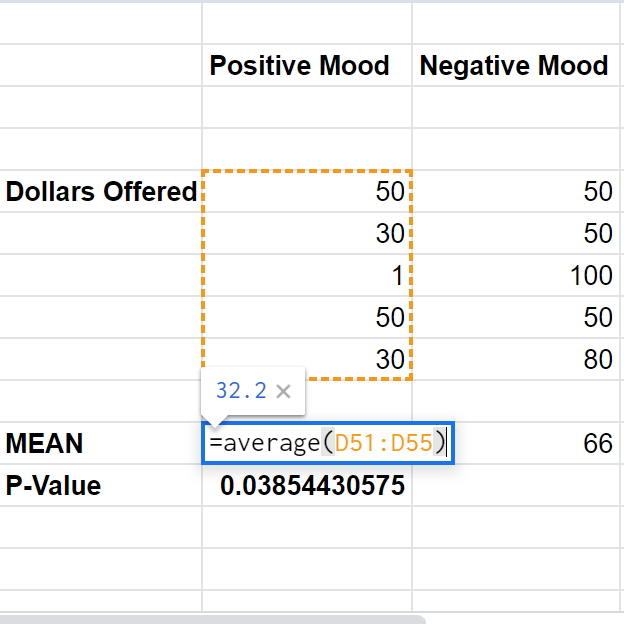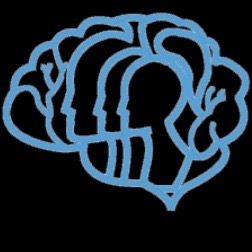
One goal for any budding researcher is to see their work have a tangible public impact. But, with endless hours spent in a lab or hunched over a computer, there are times where research can feel abstract or removed from reality. Neuroscience, in particular, faces this stereotype. True, many (including myself) believe that neuroscience holds the key to understanding our conscience and, by extension, our modern predicament. But the question remains: where can an aspiring neuroscientist find the life-altering research they seek?
Ironically, the answer might just lie in reality-altering substances. From neuroscience to public policy, psychedelics is a budding topic across many different fields of research. While Princeton itself is yet to enter the field, the Princeton Science of Psychedelics Club (PSPC) serves as the hub for all students interested in this emerging field. I sat down with PSPC and senior Neuroscience Major President Camilla Strauss to talk about how students interested in psychedelics research could learn more.
Continue reading A Budding Field: Finding Opportunities in Psychedelic Research





